My Husband Forgot About the Baby Monitor Turned On, and I Accidentally Revealed What He Was Up To

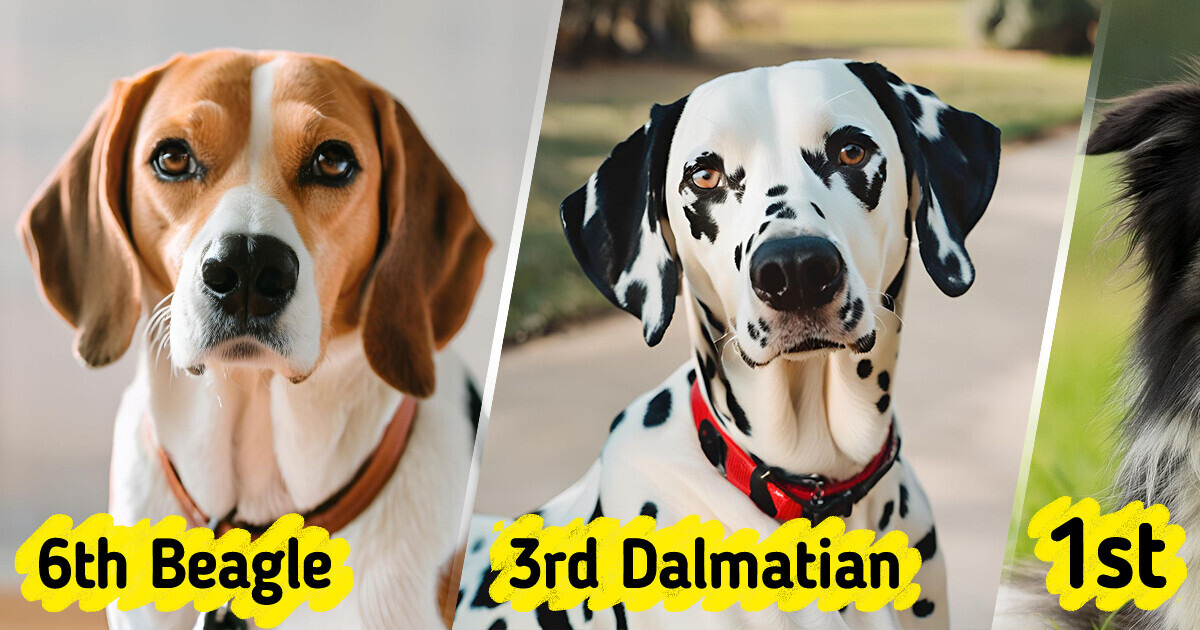
Choosing the right dog for your lifestyle is crucial, especially if you’re a first-time pet owner. Some breeds, while undeniably lovable, come with unique challenges that may be overwhelming for beginners. Whether it's their high energy levels, strong-willed personalities, or specific care needs, certain dogs require experienced handlers to thrive. So we’ll explore eight dog breeds to avoid for first-time owners.
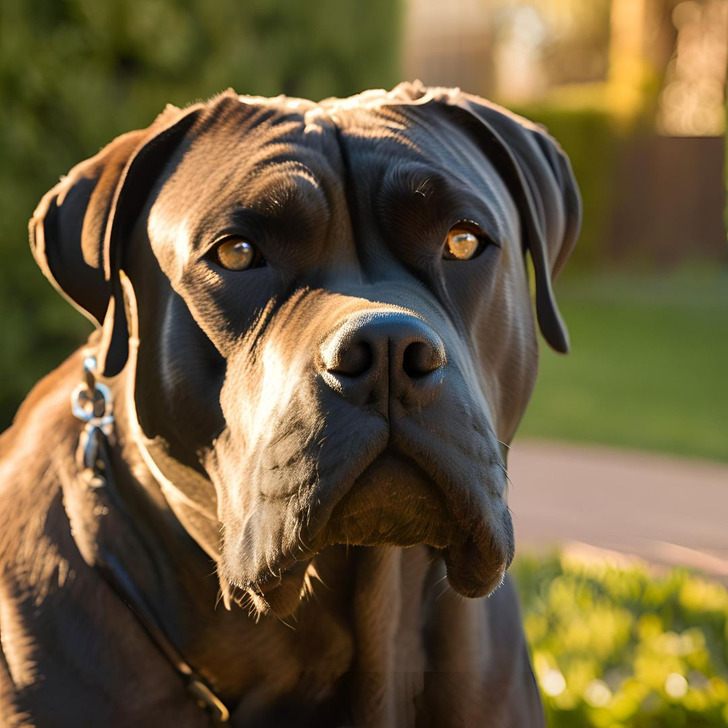
The Cane Corso is not a breed for just anyone. These powerful dogs are known for their protective instincts, making them great for guarding but a handful for those new to dog ownership. They require someone who knows how to take charge, as they’re not only large and strong but also very independent-minded.
If not properly trained and socialized early on, their protective tendencies can turn into aggression toward unfamiliar people or animals. They can also develop separation anxiety, so they need a home where they won’t be left alone for long stretches. To thrive, Cane Corsos need a confident, experienced leader who can maintain control with positive reinforcement and firm guidance.
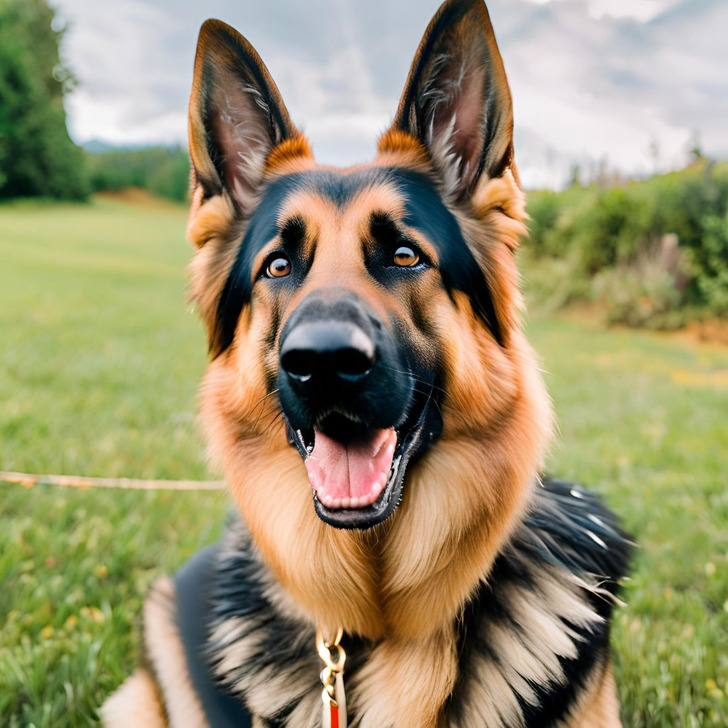
German Shepherds are energetic, intelligent, and loyal companions that need both physical and mental stimulation to stay happy. With their strong build and sharp minds, they’re often used in working roles. Their high energy levels mean they need regular exercise and tasks to keep them focused, making them a great fit for active, experienced pet owners.
Without proper training and an outlet for their energy, they can become bored and unruly. These dogs thrive in environments where they have plenty of structure, making them ideal for families who are ready for an active, devoted pet.
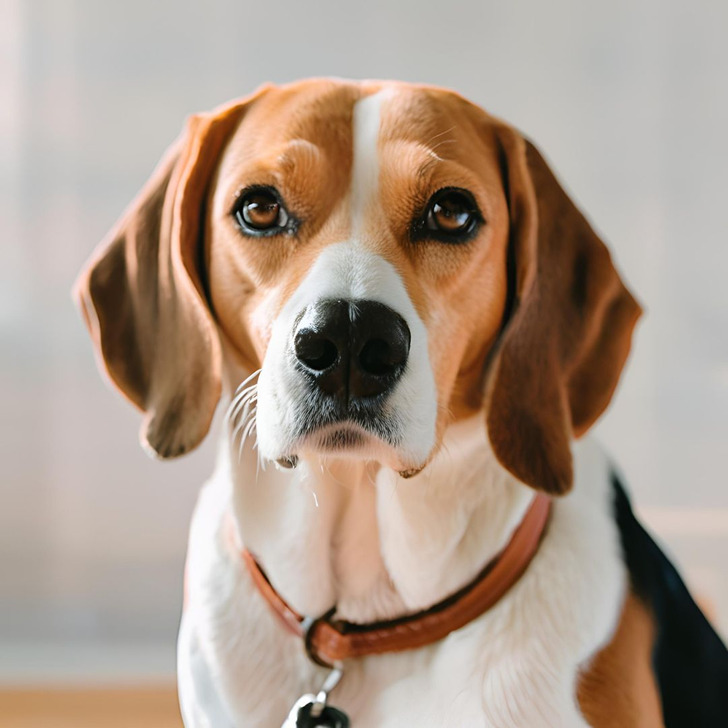
Beagles are wonderful companions for families and active pet owners, but they are not ideal for beginners. These dogs are full of energy and require plenty of mental stimulation and supervision, as their strong sense of smell often leads them into trouble.
Along with keeping them engaged, it’s crucial to pay attention to their physical health; their floppy ears make them susceptible to infections, and they can easily gain weight if their feeding habits aren’t monitored. Experienced owners who can provide the necessary care and attention will find that Beagles can be loving and playful pets that bring joy to any household.
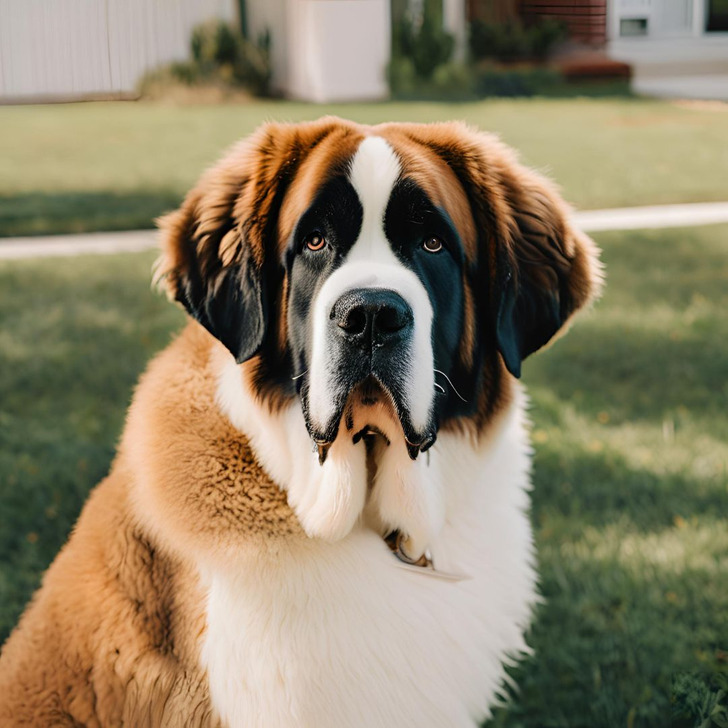
Before adding a Saint Bernard to your family, it's crucial to ensure you have enough space for this massive breed, as they can weigh between 120 and 180 pounds. Because of their size and strength, Saint Bernards are not ideal for novice owners, who may find it challenging to manage them effectively.
While they are known for their gentle and friendly disposition, they require an experienced handler who can provide proper training and socialization. If you're prepared for the responsibility and have the space to accommodate a Saint Bernard, you'll gain a loyal and affectionate companion that thrives in a loving environment.
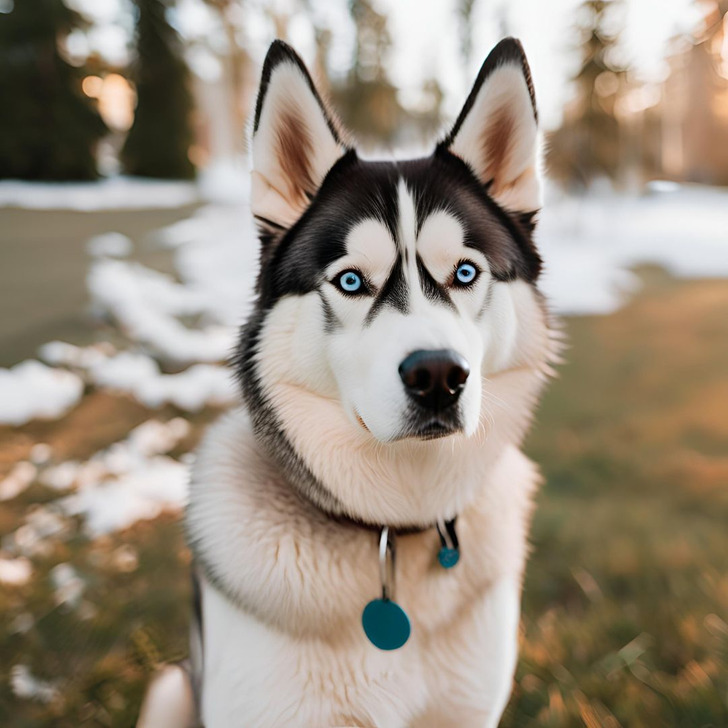
Siberian Huskies are known for their vibrant personalities and boundless energy. These dogs thrive in homes where they have ample space to roam and engage in physical activities, as a sedentary lifestyle will quickly lead to boredom.
Consistent training and early socialization with people and other animals are crucial for Huskies, as they are intelligent and require mental stimulation. However, potential owners should be prepared for their talkative nature; Huskies love to howl, sing, and bark. Ultimately, these vocal and lively dogs are ideal for active families who can meet their needs for exercise and companionship.
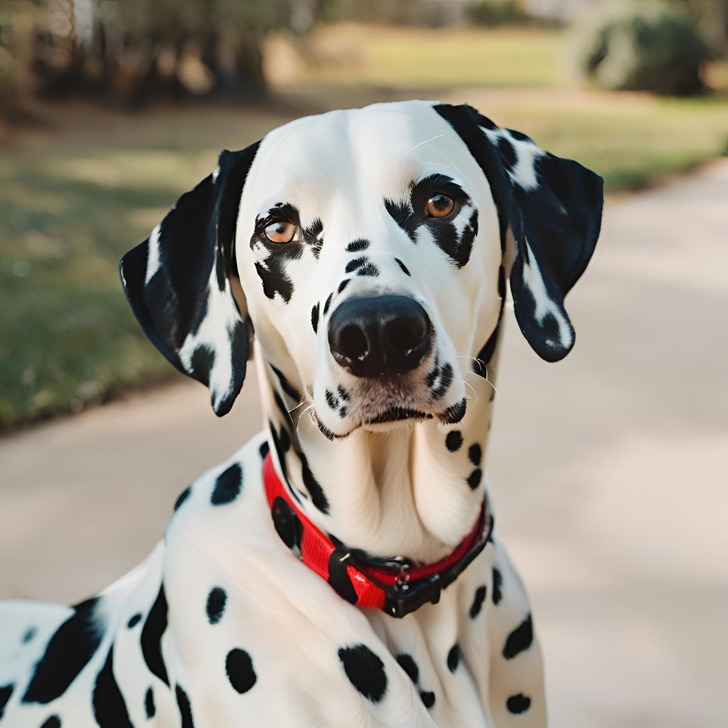
Dalmatians are known for their loyalty, intelligence, and high energy levels, making them ideal for owners who lead an active lifestyle. These spirited dogs thrive on physical challenges and excel in competitive dog sports such as agility.
However, their independent nature means they can become dominant if not properly guided, so early training is essential to ensure they develop good behavior and obedience. With the right balance of exercise and consistent training, Dalmatians can be both enthusiastic companions and well-mannered pets.
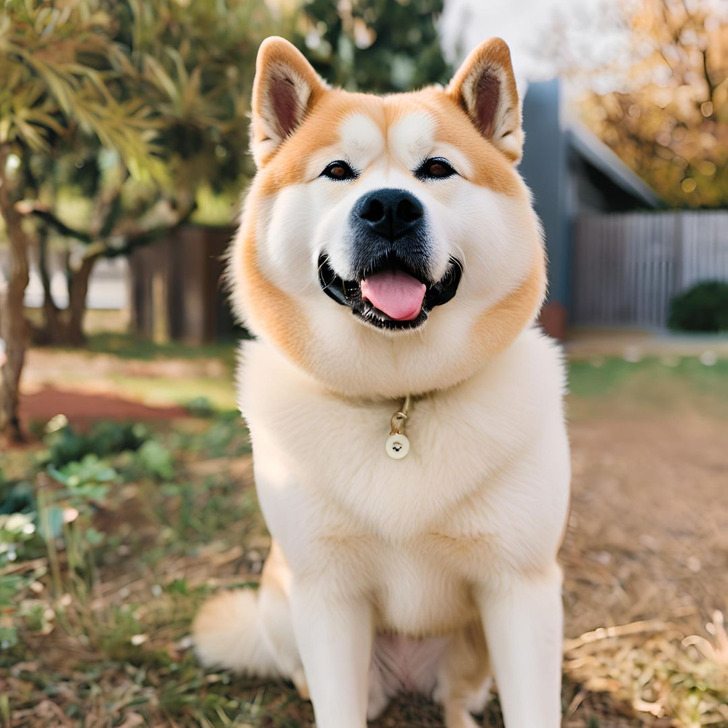
The second place is for the Akita, a breed that may not be suitable for all households. Bred in Japan for hunting large game such as bears and elk, Akitas are commonly utilized as police or guard dogs due to their loyalty and strong protective instincts. However, their significant prey drive can make them a poor fit for homes with small animals like cats, and they may also show aggression toward other dogs.
Akitas are often very devoted to their families but tend to be distant with strangers. To train an Akita successfully, an owner must first establish authority and earn the dog's respect, which can be a challenge for inexperienced dog owners.
The first place is for the Border Collie, a breed known for its exceptional intelligence and boundless energy, originally developed for all-day farm work. These dogs thrive on mental and physical stimulation, so if you're not prepared to commit significant time to keep your pup engaged and exercised, it’s wise to consider other breeds.
Without proper outlets for their energy, Border Collies can become bored and resort to undesirable behaviors like barking, digging, and nipping at anything that moves as a way to herd. For active families or individuals willing to invest time in training and activities, a Border Collie can be a rewarding and loyal companion.
When a woman discovered that her mother-in-law had secretly given away her beloved cats without her permission, she was devastated. But instead of letting her anger simmer, she came up with a bold plan to get the ultimate payback.











